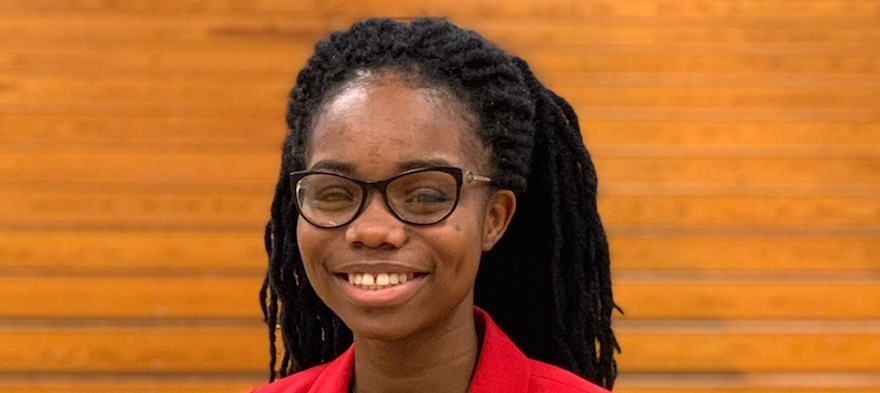
Apr 4, 2019 12:00:00 AM
Garris Stroud is an award-winning educator and writer from Greenville, Kentucky whose advocacy and scholarship have been recognized by USA Today, U.S. News and World Report, Education Post, The Louisville Courier-Journal, and The Lexington Herald-Leader. He served as a Hope Street Group Kentucky State Teacher Fellow from 2017-2019 and became chair of the organization’s editorial board in 2018. Stroud received bachelor’s and master’s degrees in education from Murray State University and is currently a doctoral student in educational leadership at the University of the Cumberlands, located in the heart of Kentucky’s Appalachian region. Read more about his work on the Kentucky School Talk and Rural Ed Voices blogs.
Few issues in education spark more tension and debate than standardized testing. Are they a tool for equity or a burden on students? A necessary check on school systems or a flawed measure of...
Charter schools are public schools with a purpose. Operating independently from traditional school districts, they're tuition-free, open to all students, and publicly funded—but with more flexibility...
Despite the benefits of a diverse teaching force, prospective teachers of color fall out of our leaky preparation pipeline at every stage: preparation, hiring, induction, and retention. Here’s what...
Ed Post is the flagship website platform of brightbeam, a 501(c3) network of education activists and influencers demanding a better education and a brighter future for every child.
© 2020-2025 brightbeam. All rights reserved.
Leave a Comment